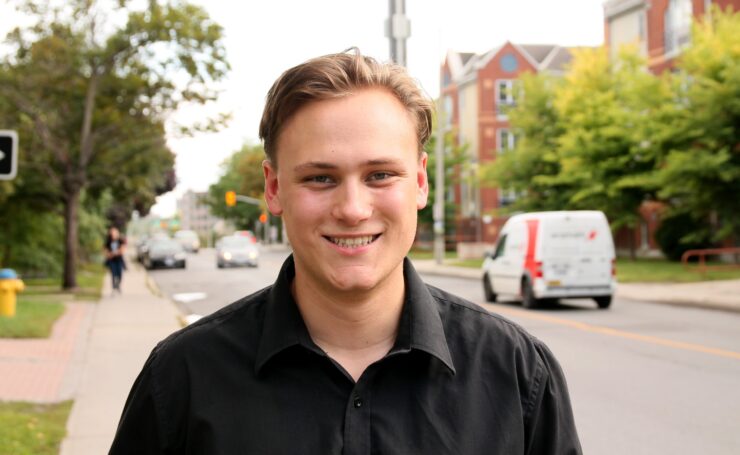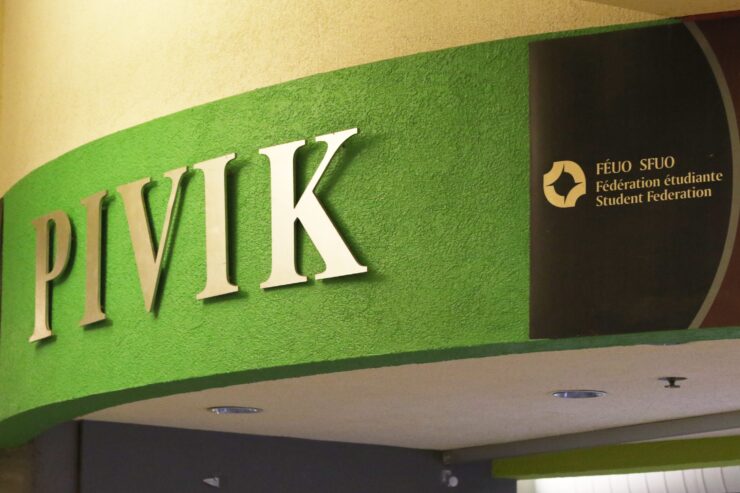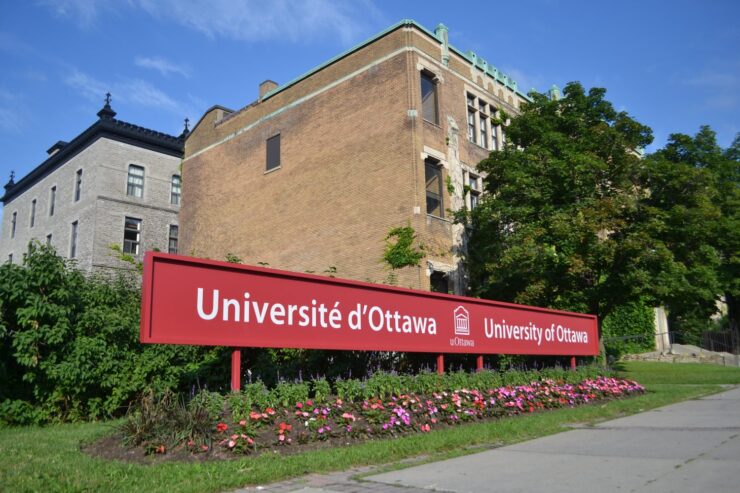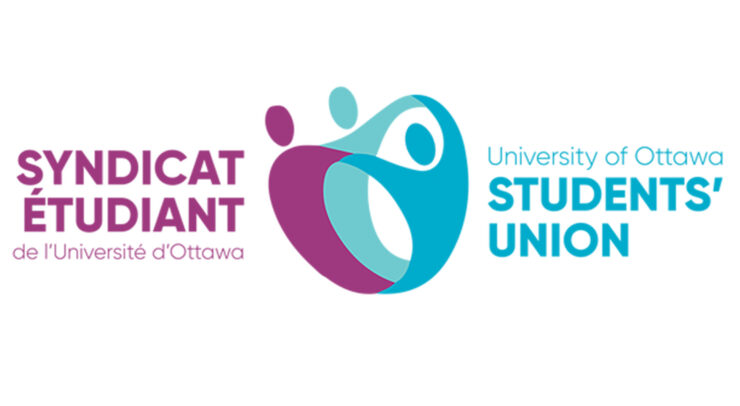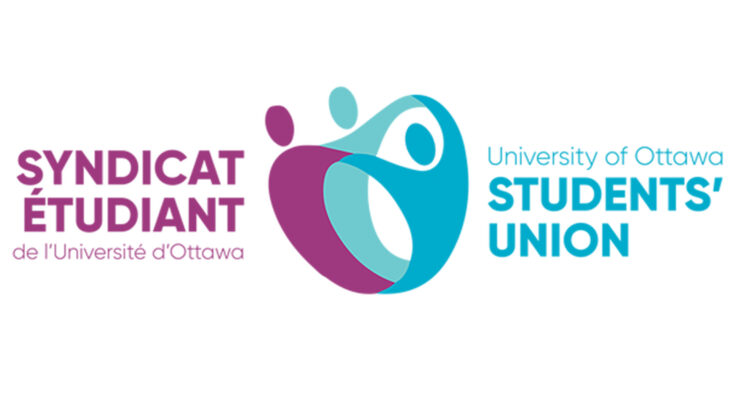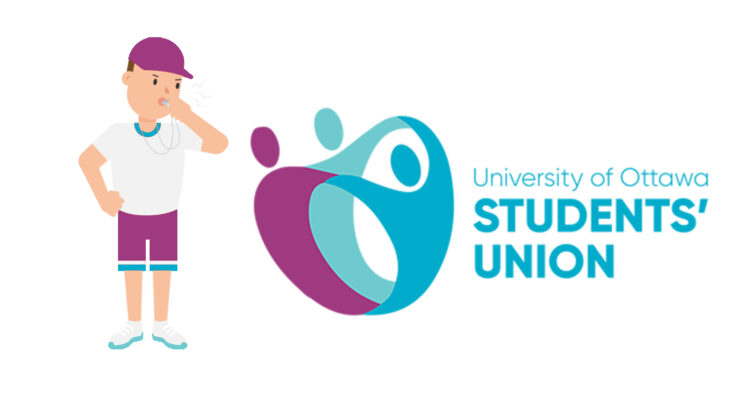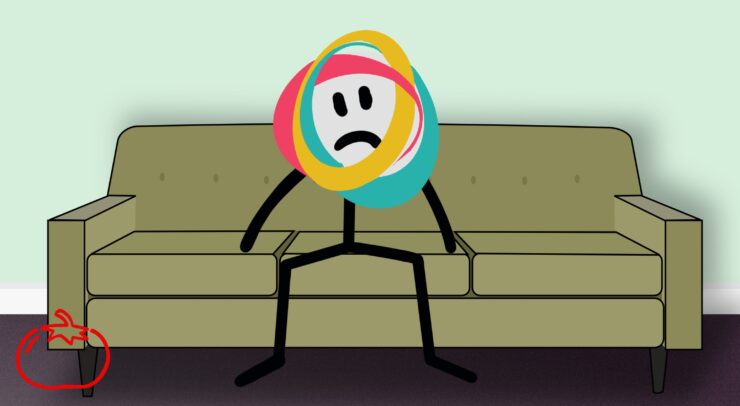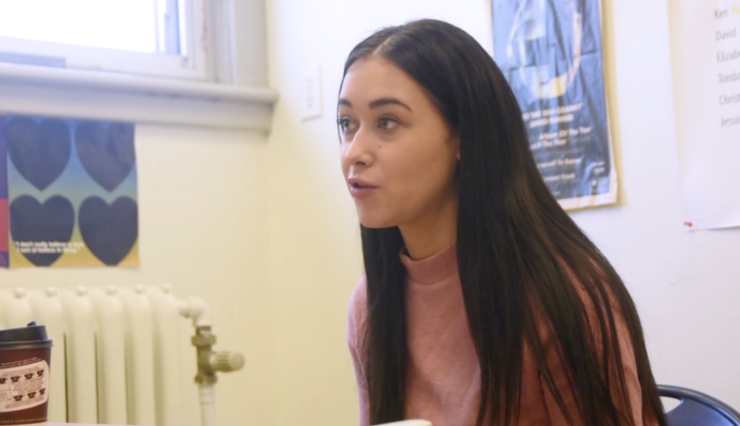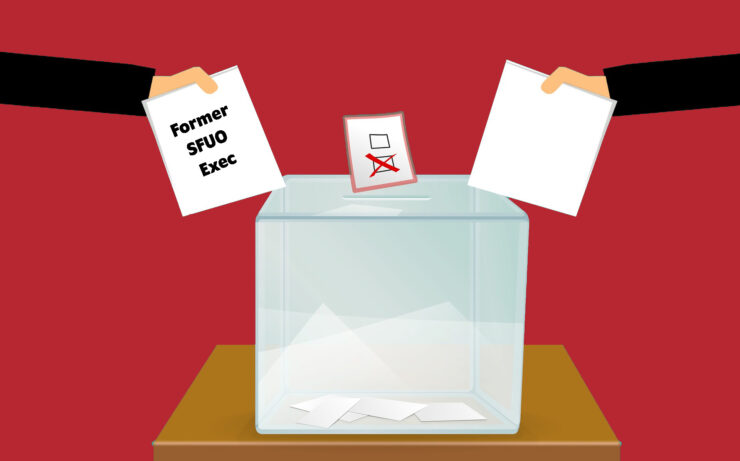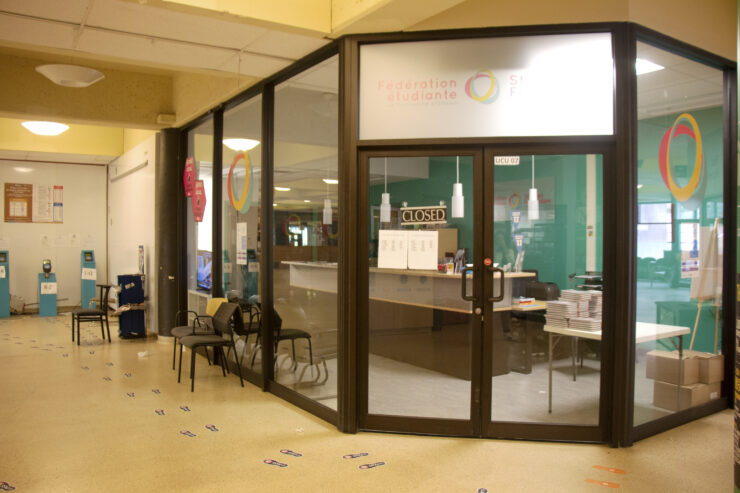The union also set the date for fall General Assembly and supported promoting a climate crisis protest-strike to be held later this month, but less than five students were in attendance.
UOSU
Jason Seguya sat down the Fulcrum to reflect on the union’s first 101 Week, the impacts of the Student Choice Initiative on campus atmosphere, and the future of UOSU services and businesses.
The Fulcrum sat down with Natasha Roy, UOSU francophone affairs commissioner, who discussed promoting language inclusion, her goals for the year and the challenges she has already encountered since starting her mandate.
Sam Schroeder sat down with the Fulcrum to discuss the challenges in establishing the new union, working to reduce student apathy, filling the role of equity commissioner, and whether the UOSU will join the Canadian Federation of Students.
The new union will offer the same services as the SFUO except for UOSERT, which is now operated by Protection Services. The Women’s Resource Centre and Pride Centre will also be merged.
Campus Vibez uOttawa will now oversee club registration, room reservations, the clubs and event lists and the clubs fair.
Sixteen student groups on campus signed the open letter to university president Jacques Frémont calling for change
The UOSU and professors are calling for policy changes after a Black U of O student was carded and handcuffed by security for over two hours last week
Tiyana Maharaj, one of the founders of the UOSU, writes in response to the carding and arrest of a U of O student by campus security many are condemning as racist
The University of Ottawa administration has signed an official agreement with the University of Ottawa Students’ Union (UOSU), recognizing them as “the only student association authorized to represent all undergraduate students.”
The Student Federation of the University of Ottawa (SFUO) sent out their final newsletter on April 10, alerting students that their doors have officially closed, and bidding students farewell.
The executive committee and board of directors for the new union were also elected.
If you support students unions and want to see changes at the U of O, start showing up. Show up for yourselves, show up for your peers, and show up for student interests.
If the referendum passes, full-time students would pay mandatory union fees totalling $105.88 per semester. This fee would cover all core union functions including safety, academic support, and health services.
A majority of candidates are running uncontested, and many positions have no candidates at all.
Candidates must be currently registered in an undergraduate program at the University of Ottawa and pass an administration administered bilingualism exam.
With voters traditionally failing to hold student unions fiscally accountable, and the instability of student media, third-party oversight and intervention needs to be implemented. It doesn’t need to be the university itself, as many are rightfully cautious of university involvement in union affairs, but perhaps a body separate from the union?
Because whistleblowing is a serious check on corruption, the establishment of whistleblowing protection is something worth considering moving forward with the University of Ottawa Student Union (UOSU).
The development follows allegations that the SFUO laid off employees and began liquidating assets, following a breakdown in negotiations with the UOSU.
Currently, the SFUO is crashing on different friends’ couches and futons throughout the city until she can “get back on her feet.” According to one friend who wishes to remain anonymous, the SFUO is not a great roommate.
The SFUO’s role in this transition period was first laid out in their interim agreement with the University of Ottawa’s administration.
With the UOSU’s March elections around the corner, students Connor Chase and Hanna Methot debate whether previous SFUO executives should be allowed to run.
“We told UOSU that if a plan wasn’t in place very soon we have been advised that we have no choice but to start a process we want to avoid” —Paige Booth.
“Both parties agreed to open and transparent communication throughout the transition process,” said a representative of the UOSU in an email to the Fulcrum. “The SFUO has failed to maintain open communication with us and we have been left in the dark regarding most of their plans.”
These services were voted in by students, for students, and for the most part are run by students. In threatening the stability of these services, the Ford government is ignoring the democratic means through which these services came to be.




